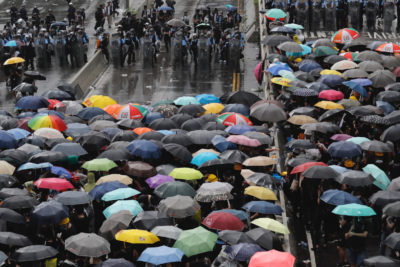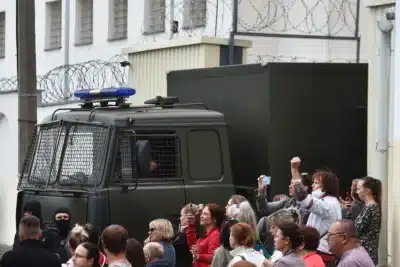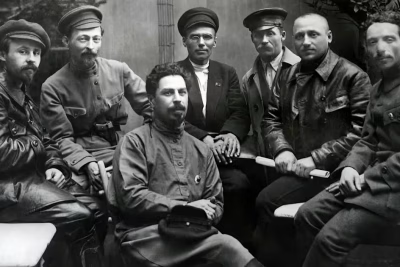
Belarus’s Political Prisoners: Stories Behind the Numbers in 2025
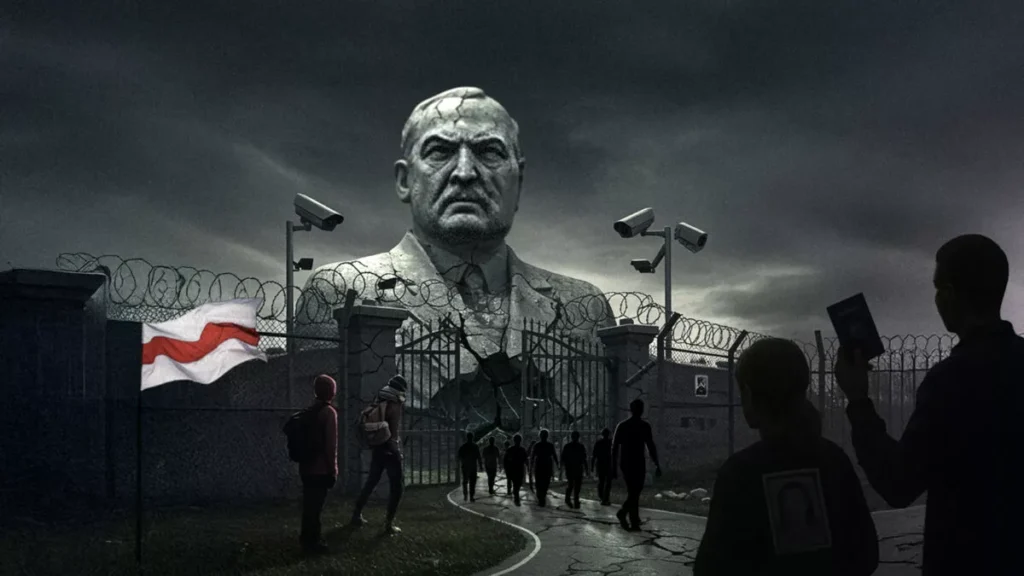
In 2025, Belarus continues to hold hundreds of citizens behind bars for one reason: daring to speak out against Alexander Lukashenko’s authoritarian rule. The stories of these political prisoners are more than statistics — they are accounts of courage, sacrifice, and resilience in the face of relentless repression. Understanding who these prisoners are, why they are detained, and how the international community can help is crucial to keeping their voices alive.
The Scale of Political Imprisonment in Belarus
- The Scale of Political Imprisonment in Belarus
- Why 2025 Is a Pivotal Year
- Faces Behind the Numbers
- Life Inside Belarusian Prisons
- How the KGB and Security Forces Sustain Repression
- International Response
- What You Can Do to Help
- Conclusion
As of early 2025, human rights groups such as Viasna Human Rights Centre estimate that Belarus is holding over 1,500 recognised political prisoners. This figure includes:
- Journalists reporting on protests or corruption.
- Opposition politicians and campaign staff.
- Activists from environmental, feminist, or student movements.
- Ordinary citizens detained for social media posts or attending peaceful rallies.
The regime’s approach is systematic — political trials are fast, closed to the public, and often based on fabricated charges such as “extremism”, “inciting hatred”, or “organising mass unrest”.
Why 2025 Is a Pivotal Year
Three key factors make 2025 critical in the fight for justice:
- Long Sentences Expiring – Many arrests date back to the mass protests of 2020–2021. This year, some prisoners are nearing release, while others are facing new charges to prolong detention.
- Tightening Control – The government has passed stricter laws against “foreign influence” and “discrediting the state”, making nearly any form of dissent punishable.
- Growing International Attention – Belarus’s political repression is increasingly tied to its alliance with Russia, especially after its support for the war in Ukraine, keeping the issue in global headlines.
Faces Behind the Numbers
Maria Kalesnikava – The Symbol of Resistance
A former flutist turned opposition leader, Kalesnikava became famous for tearing up her passport to avoid forced deportation in 2020. Sentenced to 11 years, she remains in prison under harsh conditions, yet continues to inspire activists at home and abroad.
Ihar Losik – The Voice Silenced
A blogger and Radio Free Europe consultant, Losik was sentenced to 15 years for “conspiracy to seize power” and “extremism.” His health has deteriorated due to hunger strikes and poor prison conditions.
Unknown Names, Same Courage
Not all prisoners are famous. Many are ordinary Belarusians — teachers, IT workers, students — whose only “crime” was reposting protest information or wearing white-red-white symbols.
Life Inside Belarusian Prisons
Conditions for political prisoners are intentionally brutal to break their spirit:
- Isolation: Inmates are often kept in solitary confinement for weeks.
- Health Neglect: Medical care is limited, and requests for treatment are frequently denied.
- Forced Labour: Prisoners are made to work long hours in factories or sewing workshops.
- Psychological Pressure: Constant surveillance, threats against family, and denial of letters.
Some prisoners have died in custody due to medical neglect, sparking outrage from human rights groups.
How the KGB and Security Forces Sustain Repression
The Belarusian KGB plays a central role in identifying, arresting, and interrogating political dissidents. Working closely with the Ministry of Internal Affairs and special police units (OMON), they monitor online activity, infiltrate activist groups, and target anyone perceived as a threat to the regime.
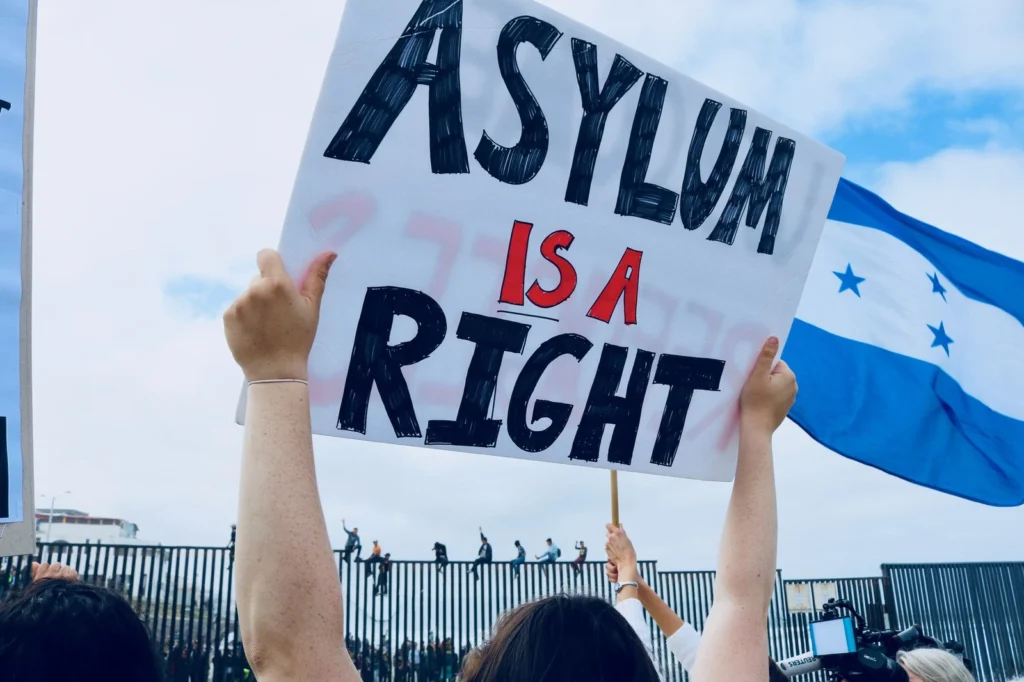
International Response
While many Western governments have imposed sanctions on Belarusian officials and state enterprises, the effect has been limited. Exiled opposition leader Sviatlana Tsikhanouskaya continues to lobby for:
- Magnitsky-style sanctions on judges, prosecutors, and prison directors.
- Increased funding for Belarusian human rights NGOs in exile.
- International monitoring of prison conditions through the UN and OSCE.
What You Can Do to Help
- Write Letters – Many organisations facilitate sending letters to prisoners, boosting their morale.
- Donate to NGOs – Groups like Viasna and BYSOL provide legal aid and support for families.
- Raise Awareness – Share verified news on social media to counter state propaganda.
- Lobby Your Government – Encourage stronger diplomatic action against the regime.
Conclusion
The phrase “Belarus political prisoners 2025” is not just a search term — it’s a reminder of the ongoing human cost of dictatorship. Every number hides a face, a family, and a story worth telling. The fight for their freedom is part of the larger struggle for a democratic Belarus.
FAQs about Belarus Political Prisoners 2025
1. How many political prisoners are in Belarus in 2025?
Over 1,500 recognised by human rights groups, though the real number may be higher.
2. What are they usually charged with?
Common charges include “extremism”, “inciting hatred”, and “organising mass unrest”, often without credible evidence.
3. Can international pressure help free them?
Yes, sustained diplomatic pressure, sanctions, and public awareness have contributed to past releases.
4. How can I support Belarusian political prisoners?
You can donate to x, write letters, and share their stories to keep global attention on their plight.


